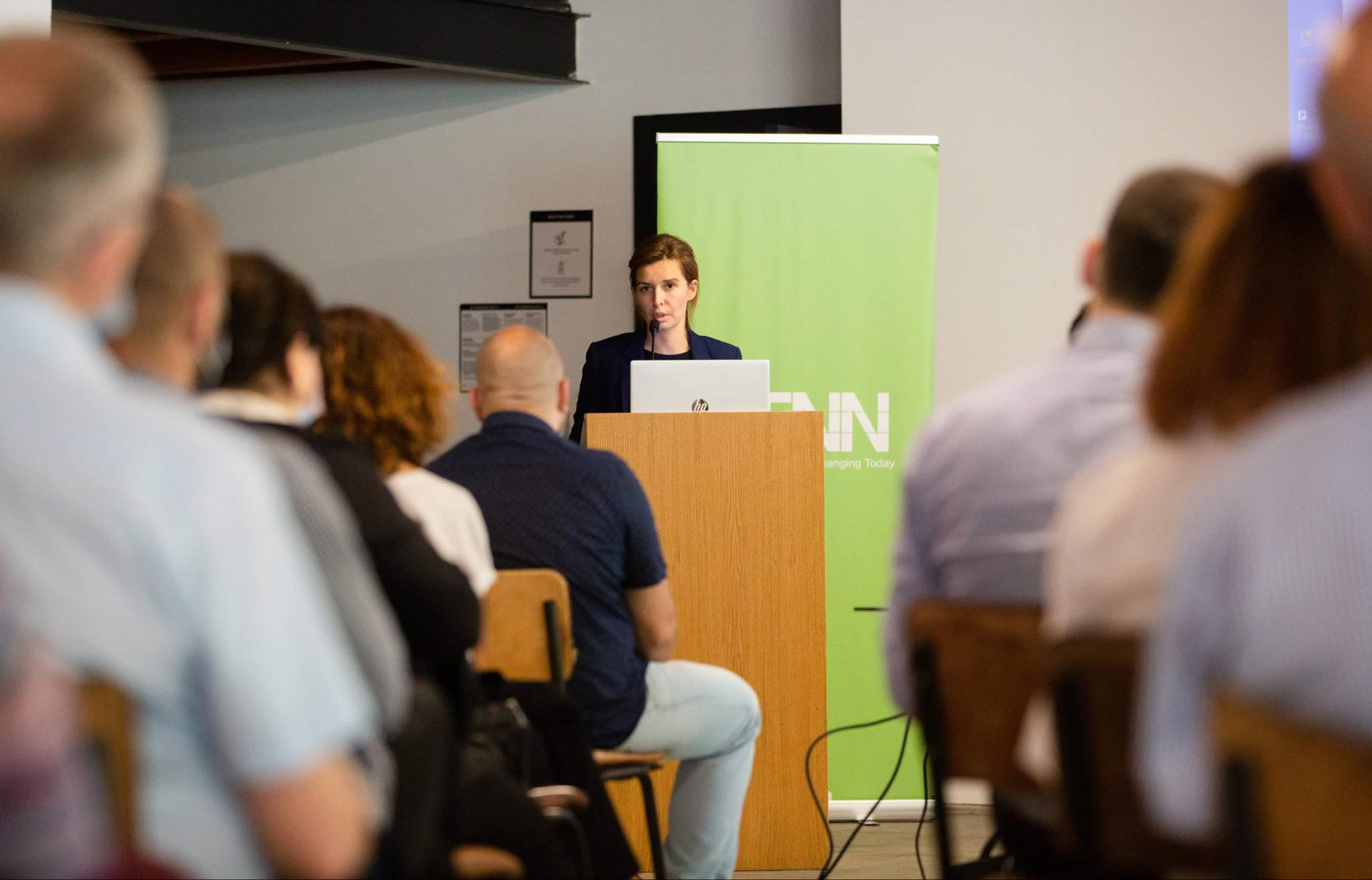On June 30 CENN hosted a Conference – Sustainable Transport Development in Georgia with the financial support of the United Nations Environment Program (UNEP).
Within the framework of the event, the participants discussed the current trends, challenges and opportunities for synergies for the development low emissions transport policy.
Transport remains the main contributor to air pollution in Georgia: 71% of NOx and 40% of volatile organic compounds come from this sector. This is caused by the fact that the car fleet is old and poorly maintained, with more than 45.5% of vehicles being 20 years or older. Furthermore, against the background of an increasing number of imported vehicles every year, alarmingly, no emission standards have been introduced so far for imported cars. As a result, introducing vehicle emission standards for imported vehicles in compliance with EU requirements has become a priority for the government.
The main topics for discussions were:
- The results and recommendations of the cost-effectiveness analysis of the introduction of low-emission transport policy and standards in Georgia were presented at the conference;
- Vehicle Fleet condition in Georgia and vehicle fleet renewal mechanisms;
- Challenges in the oil sector, fuel quality and compliance with existing standards.










